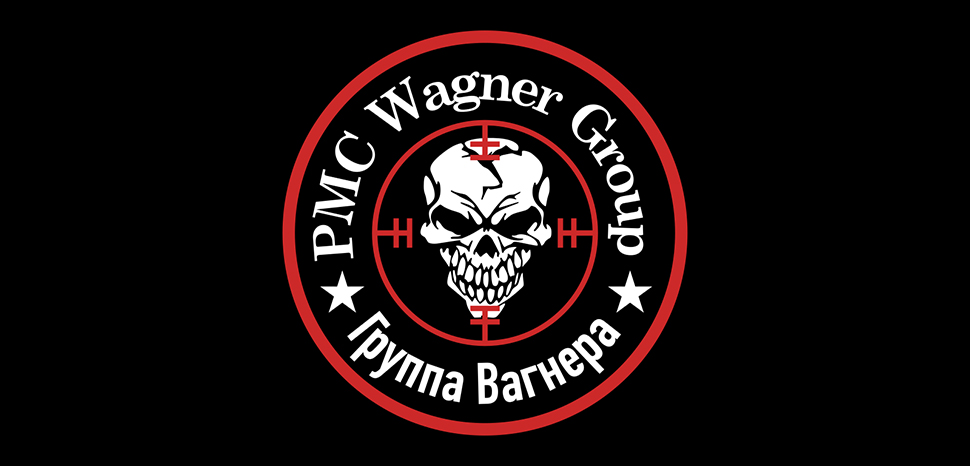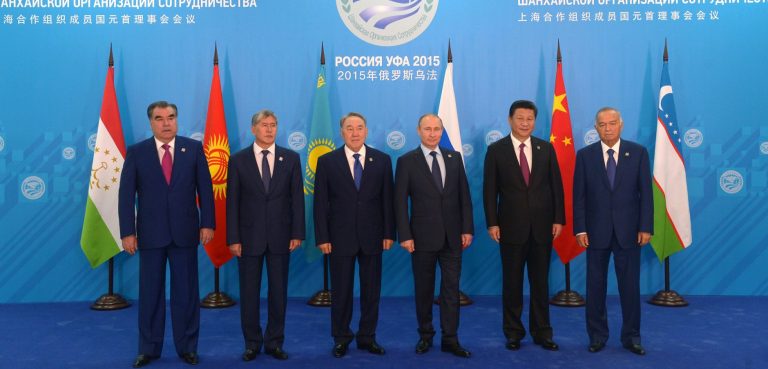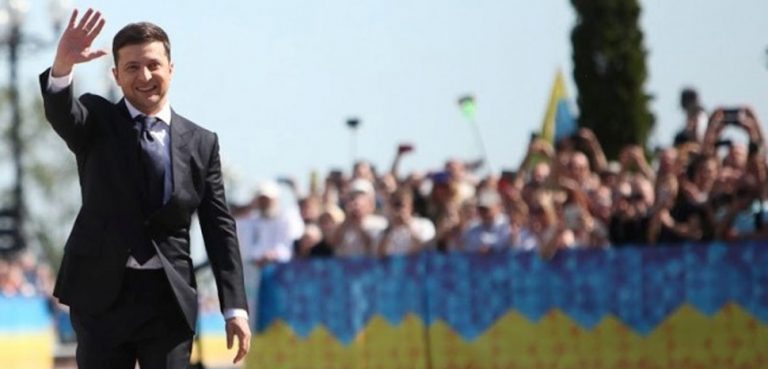The Wagner Group has been mired in controversy ever since the day of its founding. A Russian paramilitary organization, the mercenary group has conducted operations that the Russian Ministry of Defense has silently approved of while maintaining plausible deniability. After years of denials and silence, the Kremlin has now formally admitted the organization’s existence, despite mercenaries being formally illegal under the Russian constitution.
Wagner has taken part in military operations in Syria, North African, Ukraine, and the Central African Republic. Their operations have left a bloody trail of civilians, with numerous massacres allegedly linked to the paramilitaries.
The Wagner Group is currently headed by Yevgeny Prigozhin, a Kremlin insider who is associated with the hardliner clique. Prigozhin has nurtured a cult of personality through the activities of the organization, openly attacking the Russian Ministry of Defense for battlefield losses in Ukraine and, more recently, opening a ‘Wagner Center’ in Saint Petersburg to help incubate IT start-ups with potential military applications.
Dmitry Utkin, a far right GRU officer, also leads the mercenary outfit. Wagner has sought recruitment from the far-right sector of not only Russia, but also among foreigners who can make use of the group’s tactics back home if needed. For example, the Rusich Group, a subsidiary of Wagner, openly recruits neo-Nazis, fascists, and Duginists into its ranks.
Wagner gained its notorious status as a shadowy organization igniting flames in the Donbas region of Ukraine in 2014, taking part in military operations at the behest of the GRU by arming pro-Russian militias. Wagner mercenaries were also part of the ‘unmarked’ Russian troops that deployed and annexed Crimea.
In Syria, Wagner would routinely take part in extortion and civilian massacres, all with the Syrian government’s tacit approval. Their prominence continued to grow as they helped the ill-equipped regime take back territory, particularly against Islamic State. In 2017, four Russian mercenaries savagely beat a Syrian army deserter to death, videotaping the murder and using a sledgehammer to torture and kill the man.
In February of 2018, the organization apparently tried to solidify its status as a premier fighting force by attacking a U.S Special Forces outpost in Eastern Syria. Several hundred Wagner mercenaries alongside Syrian government forces formed a convoy to assault thirty US Special Forces and their SDF allies, reportedly resulting in several hundred Wagner and Syrian casualties compared to one SDF and zero US killed or injured. Russia was embarrassed in the aftermath, downplaying the number of casualties among the Wagner mercenaries, despite first-hand testimonies from survivors describing scores of dead.
Taking advantage of power vacuums in the aftermath of the Arab Spring, Wagner deployed forces to Africa in support of warlords aligned with their (national) geopolitical or (private) profit-making interests. The mercenaries played a role in the Second Libyan Civil War, fighting for General Khalifa Haftar when his rival government attempted to storm the capital of Tripoli. A Human Rights Watch report stated the group indiscriminately placed mines across the country, which continues to affect locals. The mercenaries were also tied to civilian executions before a ceasefire ended the fighting.
Wagner’s reputation only worsened amid involvement in African nations such as Mali, Sudan, and the Central African Republic. The organization has been tied to several massacres in the Central African Republic, to the point where the United Nations began probing their links to civilian executions this year.
In Mali, Wagner has propped up the military junta, which has been beneficial to Russian interests amid government requests for Russian weaponry and diplomatic support for stopping investigations by human rights groups into widespread crackdowns on dissidents. Wagner has been tied to civilian massacres in Mali as well.
In Sudan, Wagner has propped up the military junta that has repressed Sundanese civilians for the past several years. In exchange, the junta has allowed Wagner to smuggle gold on the black market. Sudanese miners have given first-hand accounts of the mercenaries threatening them with violence if they do not hand over their gold quotas, killing miners who disobey.
Wagner has taken a leading role in combat operations during the Ukraine war, where Yevgeny Prigozhin has used the group’s status to demonstrate their combat expertise vis-à-vis a faltering Russian MOD. Wagner is taking the lead in the Battle of Bakhmut in Donetsk Oblast. However, this front has seen gains of just a few meters a day and no capture of this key logistical city despite months of fighting. The area represents the only place where Russian forces have managed to progress following the arrival of Western heavy weaponry.
Prigozhin has earned praise from Russian bloggers, ultranationalists, and other hardline oligarchs, despite his criticisms of Putin’s handling of the war — criticisms that Putin has rarely allowed during his autocratic rule. Along with these rebuffs of Russian MOD tactics, Prigozhin has gone out of his way to create self-defense forces along the Russian border of Ukraine and release convicts from Russian prisons into Wagner’s ranks, regardless of their crimes.
As Putin’s reputation deteriorates as the international community is more inclined to calls his bluffs, for example on tactical nuclear weapons or his faux withdrawal from the Black Sea wheat deal, Prigozhin looks to prop up Wagner and himself as Russia’s only trustworthy fighting force, and a potential successor if Putin’s regime collapses.
The Kremlin has yet to make a move despite the Wagner Group’s increasingly bold operations, suggesting that Putin is now in the position of needing its support despite widening encroachments on his authority. Regardless, the group’s trail of atrocities around the world make it a natural fit for a terrorist designation, which perhaps could help bring about an end to the war in Ukraine by pressuring the Kremlin to come to the negotiating table sooner rather than later.
The views expressed in this article belong to the authors alone and do not necessarily reflect those of Geopoliticalmonitor.com




